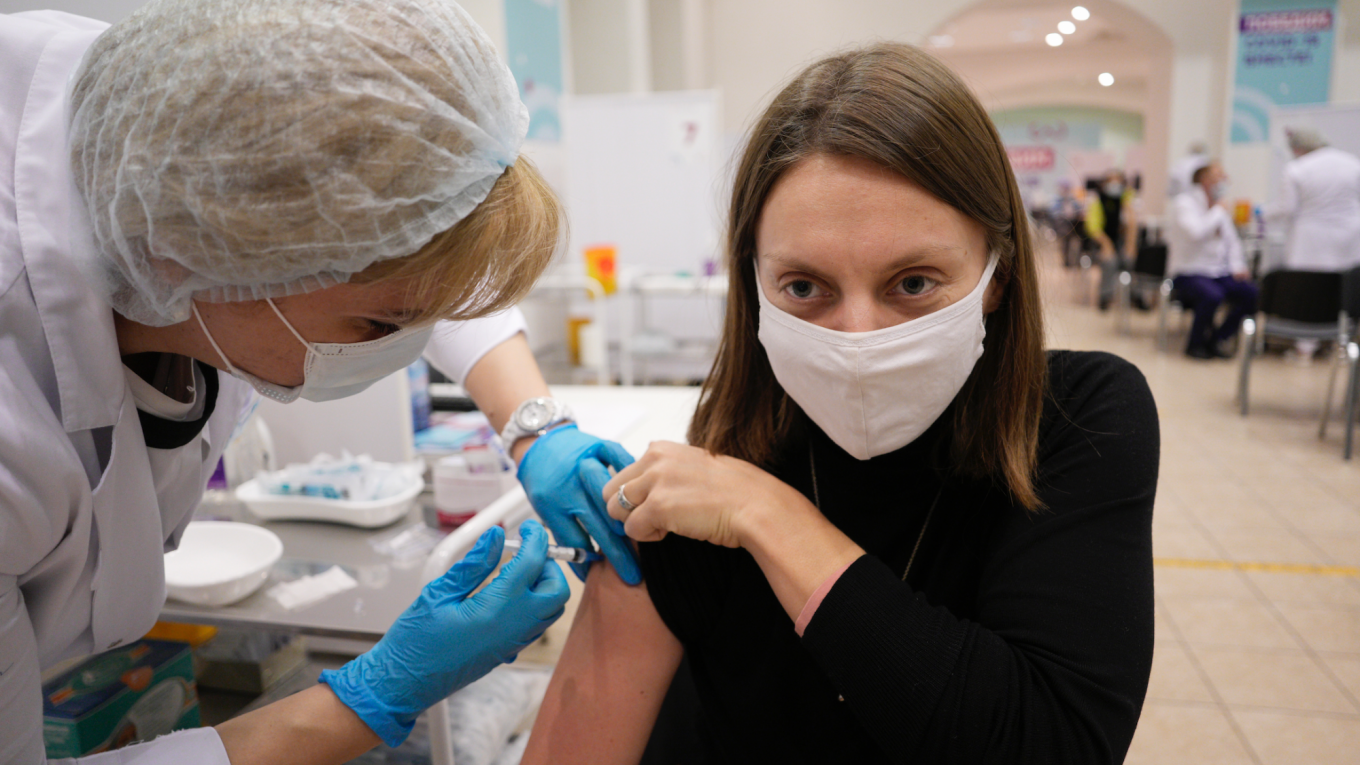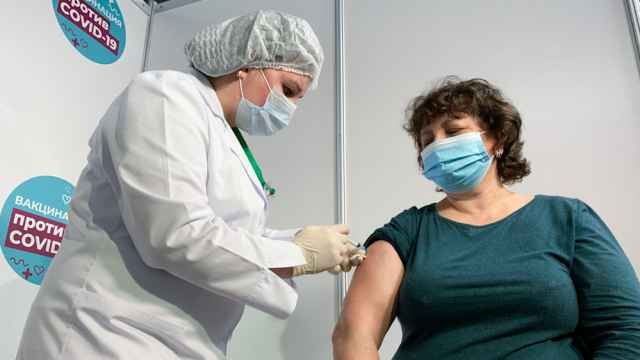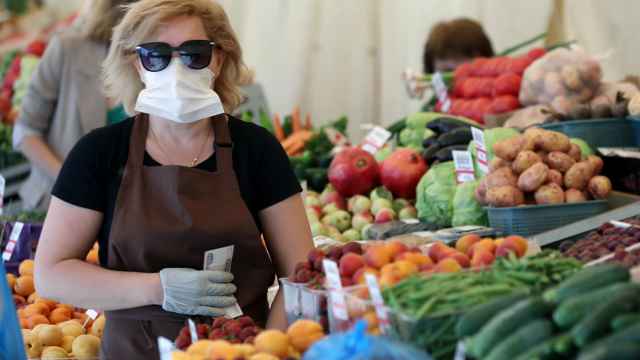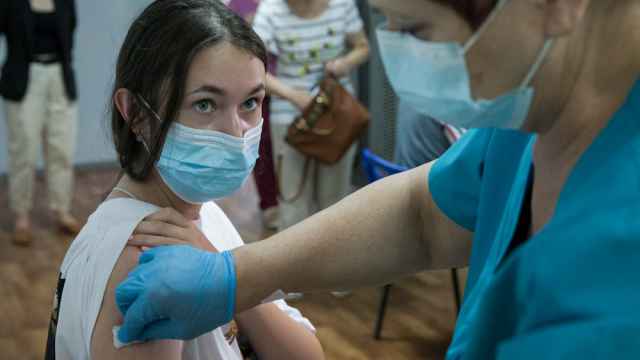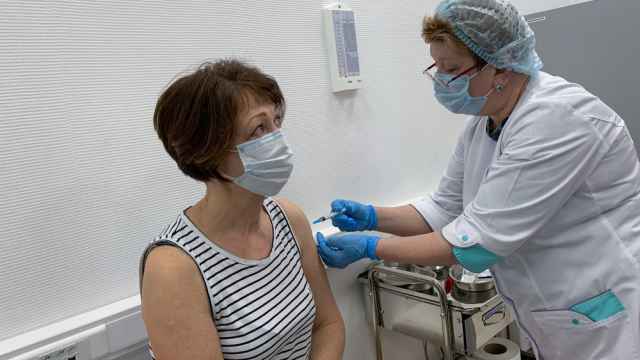The backers of the Russian Covid-19 vaccine Sputnik V said Monday that the jab is effective against the new Omicron coronavirus variant but they were also developing an adapted booster.
The Russian Direct Investment Fund (RDIF), which supported the vaccine's development by the state-run Gamaleya Center, said that the center "has already begun developing the new version of Sputnik vaccine adapted to Omicron."
"In an unlikely case such modification is needed, the new Sputnik Omicron version can be ready for mass-scale production in 45 days," RDIF said in a statement.
"Several hundred million Sputnik Omicron boosters can be provided to international markets already by Feb. 20, 2022, with over 3 billion doses available in 2022."
The promise comes after the U.S. pharmaceutical company Moderna said Friday that it will develop a booster shot against the highly mutated strain of the coronavirus, which is more transmissible than the dominant Delta variant.
Germany's BioNTech and U.S. drugmaker Pfizer said the same day that they expect data "in two weeks at the latest" to show if their jab can be adjusted.
Last week RDIF said Sputnik V provides longer immunity against the coronavirus than Western jabs using messenger RNA (mRNA) technology.
It added that the Sputnik vaccine is 80% effective against the coronavirus between six and eight months after the second dose.
No independent study has confirmed the claim.
Russia registered Sputnik V last August ahead of large-scale clinical trials, prompting concern among experts over the fast-tracked process.
But it was since declared safe and over 90% effective in a report published by leading medical journal The Lancet.
The RDIF says its two-dose vaccine has been approved in 71 countries and that it has applied for registration in the European Union.
Earlier this summer several Latin American countries that have relied on the Russian vaccine to protect their populations complained to Moscow about delivery delays.
A Message from The Moscow Times:
Dear readers,
We are facing unprecedented challenges. Russia's Prosecutor General's Office has designated The Moscow Times as an "undesirable" organization, criminalizing our work and putting our staff at risk of prosecution. This follows our earlier unjust labeling as a "foreign agent."
These actions are direct attempts to silence independent journalism in Russia. The authorities claim our work "discredits the decisions of the Russian leadership." We see things differently: we strive to provide accurate, unbiased reporting on Russia.
We, the journalists of The Moscow Times, refuse to be silenced. But to continue our work, we need your help.
Your support, no matter how small, makes a world of difference. If you can, please support us monthly starting from just $2. It's quick to set up, and every contribution makes a significant impact.
By supporting The Moscow Times, you're defending open, independent journalism in the face of repression. Thank you for standing with us.
Remind me later.


